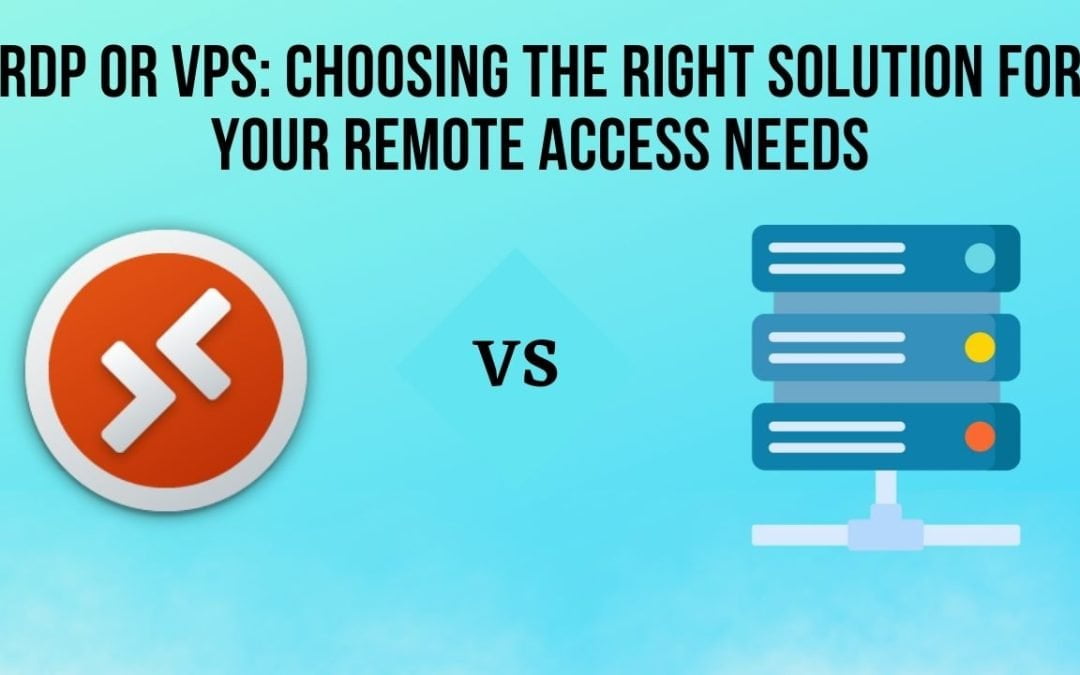Shared Hosting vs. Dedicated Hosting
Read this article to learn about, ‘Shared Hosting vs. Dedicated Hosting.
Shared Hosting vs. Dedicated Hosting
Your website’s information might be stored on a shared server or a dedicated server. This server delivers your information to browsers when people view your website.

Your website will be hosted on one of two servers in this scenario. When you choose shared hosting, your website will be stored on the same server as those of your fellow customers. You can get a whole server to yourself with a dedicated hosting package for your website. Both options come with their own set of benefits and drawbacks. Get informed on the distinctions between shared and dedicated hosting so you the best decision for your company.
What is Shared Hosting?
In a shared hosting setup, various websites will share a single server. The low cost and resource-sharing nature of shared hosting have led some to draw parallels with public transportation. There are benefits and drawbacks to having hundreds or even thousands of websites hosted on a single server.
Advantages of Shared Hosting
a) Lesser costs
b) Little technical know-how required.
Because of its inexpensive cost, shared hosting is used by many people. Customers save money as the expense of maintaining a single server is spread over multiple users. You can spend more to have access to hosting services that can handle more visitors and provide more storage space and bandwidth.
For a first-time website owner, shared hosting is often the best option because it doesn’t necessitate any special technical knowledge or familiarity with servers. Shared hosting plans often include a cPanel for easy site administration and software installations suitable for the majority of standard sites. Host providers handle mundane but necessary server maintenance tasks like software upgrades and security patches, freeing you to focus on growing your business.
Disadvantages of Shared Hosting
a) Shared server resources
b) Greater security risks
If you’re just starting online and anticipate low to moderate traffic, shared hosting is a wonderful option. Unfortunately, there are constraints inherent in shared hosting. All of the server’s resources, including its CPU, RAM, disc space, and more, must be shared by all users.
The “bad neighbor effect” can arise when servers are shared. This is when one website on a shared server uses an excessive amount of system resources, making the server slow for all websites. However, the likelihood of this generating a significant issue is limited, as reputable hosting providers offer plenty of resources to cover their customers’ needs. They’re also good at regulating busy sites, and they recommend that expanding sites upgrade to hosting with more bandwidth.
The IP address of your server could be blacklisted if spam is being sent from the same server as yours, which is another risk of shared hosting. Choose a web server that has strict anti-spam standards to ensure your messages don’t end up in your recipients’ spam folders.
Who uses Shared Hosting?
If you operate a website and are searching for a simple, low-cost solution, shared hosting is your best bet. Shared hosting has several advantages and may be used for everything from personal projects to small businesses and even large enterprises. As long as traffic volumes to the site are manageable and the server is protected by solid security measures, the drawbacks are negligible.
Shared hosting may work until a website outgrows its allocated capacity, but there are alternative hosting solutions available. Website migration is simple and will not affect the performance of your website.
What is Dedicated Hosting?
When you opt for dedicated hosting, a whole server is set aside for just your website. Since there is no longer any need for the shared hosting’s resource contention, the website’s performance is improved.
Dedicated hosting can be compared to hiring a car, while shared hosting is more akin to taking the bus. You now have greater say over the vehicle’s speed, where it goes, and what music is played. However, it has a significantly larger initial investment, and maintenance expertise is required. There are a lot of benefits and drawbacks to shared hosting that are also present in dedicated hosting.
Advantages of Dedicated Hosting
a) Full utilization of server resources
b) Ability to customize.
Because no other sites will be accessing your server using a dedicated hosting option, you will not be vulnerable to any bad neighbor impacts. All of the server’s resources, including CPU, RAM, and storage space, will be made available to your website. Also, no one else will be able to make your server’s IP address vulnerable to cyber attacks or get your website banned.
Your server’s configuration can be fine-tuned to perfection with dedicated hosting’s high level of personalization. Access to the system’s inner workings, known as “root,” is granted as well, allowing for coding changes. When a website needs a specialized piece of software, it is often worthwhile to invest in a custom server configuration.
Disadvantages of Dedicated Hosting
a) Extremely high prices
b) Necessity of technical knowledge
c) More maintenance.
It should come as no surprise that more power and resources come with a higher price tag. The monthly cost of renting a dedicated server can range from $60 to $350+, depending on the level of service provided by the hosting company in terms of server upkeep and protection. Most of the time, a website can afford dedicated hosting because it receives enough visitors to warrant the use of a dedicated server.
The other disadvantage of dedicated hosting is that it calls for a high level of technical knowledge, particularly if you want to take use of the customization options. If you’re not tech-savvy, you can hire a server administrator or pay extra for a package that includes administrative help.
A new burden has been introduced because of your responsibility for the server’s upkeep. Maintaining your dedicated server’s up-to-date software and applying security patches is your responsibility and may take time away from other tasks.
Who uses Dedicated Hosting?
Businesses that demand a great deal of bandwidth or have very specific requirements should look into dedicated hosting. Dedicated hosting, for instance, offers a higher level of protection, making it an attractive option for large enterprises that store a lot of sensitive data. Those that are comfortable enough with technology to make the most of the customization options will also benefit the most.
Quick comparisons
The following are the differences between Shared Hosting and Dedicated Hosting.
Shared Hosting vs. Dedicated Hosting
- Flexibility and Customizability: For the same reason that modifying the server’s back end would affect all hosted sites, shared hosting does not permit customization. When it comes to shared hosting, customization is limited to the features provided (such as the number of allowed FTP users or the amount of space in the cloud) and is only available through a few hosting plans.
The flexibility of dedicated hosting is unparalleled. Because your website is the only one hosted there, you get to decide what software runs on the server, tailor the setup to accommodate the software being used, and adjust settings to maximize performance.
2. Reliability: Shared hosting raises the likelihood of slowdowns and outages. The high traffic and consequently high CPU usage of other sites on the same server as yours could be to blame here, or the incorrect code on your end.
With its rock-solid dependability, dedicated hosting is the go-to choice for any company handling significant visitor quantities.
3. Security: When it comes to cyber security, shared hosting services are typically less secure than dedicated hosting. This is because when numerous people use the same server, there are more potential points of entry for malicious actors.
If you’re worried about the safety of the server’s physical location, choose a skilled web host you can have faith in to take adequate precautions to prevent server intrusion.
4. Scalability: Often, shared hosting is not a scalable option. The quantity of traffic and data sent between your website and its customers is often capped by shared hosting plans, although some providers provide shared hosting with adjustable bandwidth. If your site ends up being popular and starts receiving a lot of visitors, Domain.com can help you migrate it to a more powerful server so that all of their shared hosting customers may continue to enjoy the best possible experience.
With no other users sharing the server’s resources, dedicated hosting allows for unlimited growth. In other words, this allows for substantial expansion.
5. Costs
When compared to dedicated hosting, shared hosting is by far the most cost-effective option. Whereas the cost of shared hosting typically ranges from $1 to $20 monthly, dedicated hosting can easily exceed $350 per month. The cost of dedicated hosting may increase if the server develops a problem that needs the web host’s attention.
6. Technical knowledge requirements: If you’re looking for the least amount of work, go no further than shared hosting. Since a shared server is used by many people, the hosting provider manages and controls the server and its configuration.
As most of the dedicated hosting’s benefits depend on administrative execution, it may be out of reach for parties with less extensive technical understanding.
CONCLUSION
Shared Hosting vs. Dedicated Hosting: Which one is good for your business?
If you shop around, you are likely to save a significant amount of time and money on your web host. Choose shared hosting to save money if you don’t need a lot of resources such as bandwidth, memory, processing power, or administrative access. Choose dedicated web hosting, however, if your website necessitates a lot of server resources and your staff can competently handle a more complex hosting environment. Choose virtual private server hosting if your website’s needs are in between.
You can read this article to learn about, managed hosting vs. shared hosting: which is better. You can also read this article about, how to use Microsoft’s remote desktop connection‘.
You can visit 99rdp.com to learn about the cheap RDP available with us.




